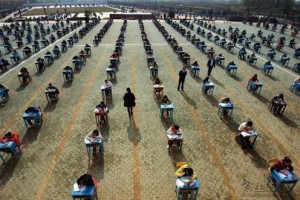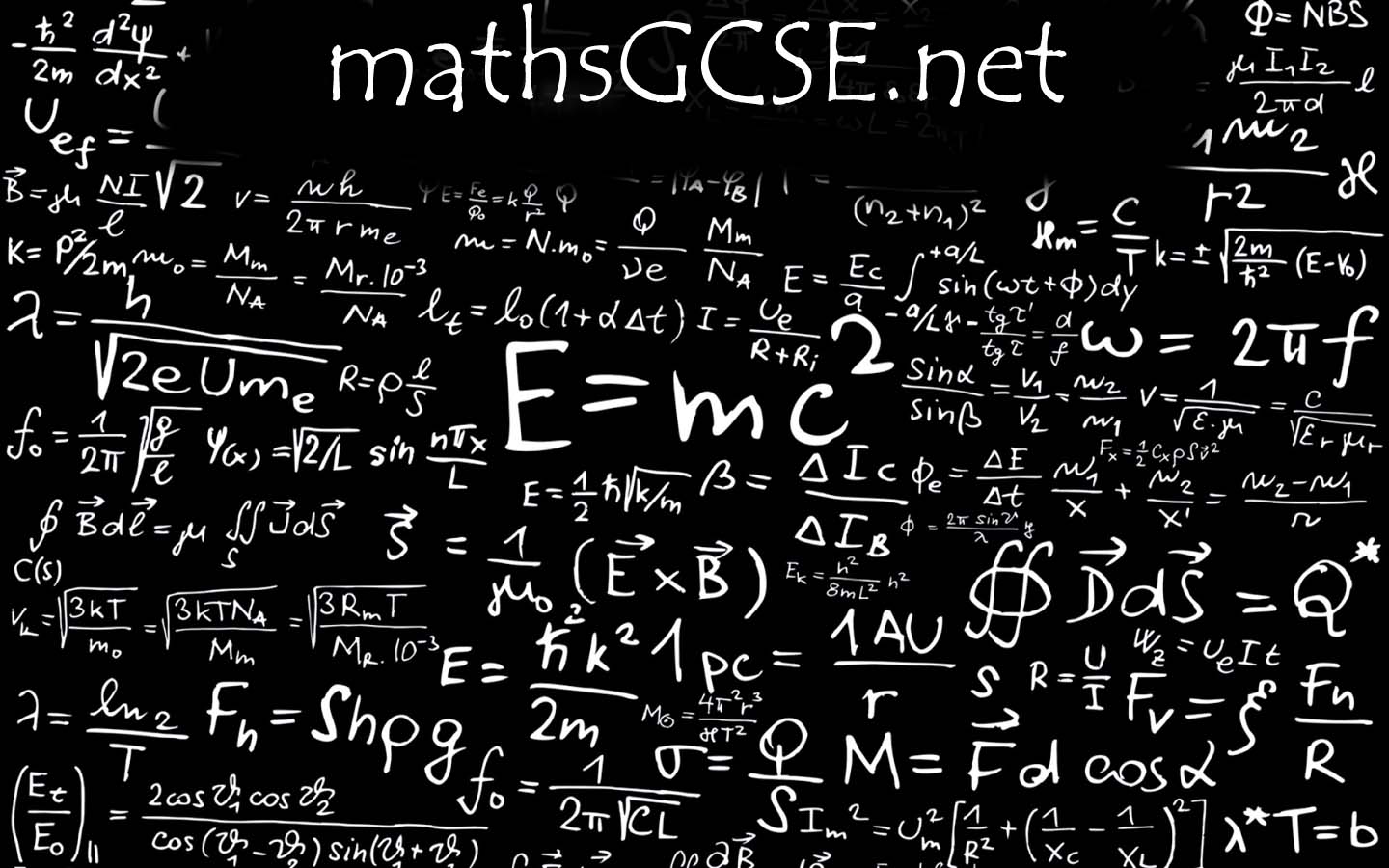Master v mystery?
 This thought provoking blog says something about the way that we tend to view the schooling that some of our overseas students grow up with. The school I work at has its entire intake from overseas, and is 100% boarding. Our two major client bases are Russia (and surrounding -istans) and China.
This thought provoking blog says something about the way that we tend to view the schooling that some of our overseas students grow up with. The school I work at has its entire intake from overseas, and is 100% boarding. Our two major client bases are Russia (and surrounding -istans) and China.
Chinese students are great with algebra and will solve problems until sleep overtakes them: everything must be expressed as an equation; elegant solutions are essential. Working with graph space is another matter, however, and anything that involves drawing is a struggle. Russian students also have their strengths and blind spots: they love discriminants. I realise that these are generalisations but I see this year after year as new cohorts of students arrive.
Rote learning has been a part of the lives of these students for many years, solving particular problems, getting used to specific formats. What is often lacking is the ability to identify or devise a method of solution. The questioning, evaluative skills that we value need to be developed, often with great resistance. Their background is one of passive learning where asking questions beyond clarification is not expected. The silence in the classroom is a result this ‘soaking’ up of the teacher’s mastery and the stifling of the inquisitiveness of the student’s mind – taking away the mystery of discovery, the adventure of independent learning.
I was reading an article in the ‘Time’ magazine a week of so ago about the nature of the Chinese system and the route to top American universities. In itself this was an excellent article but what really sent my own imagination running was the accompanying photograph which showed hundreds upon hundreds of students sat at exam desks in a huge outdoor playground. Row upon row; repetition; rote learning.
At this exam time I tell my students that they should not practise until they can do something right, they should practise until they will not get it wrong. Am I guilty of the things I am highlighting as a failure in other systems? Not if I have prepared the way correctly in the lead up to this period, not if I have sparked or reignited that enquiring mind.
Other systems do have fantastic elements and I am very often grateful for the work ethic that I find in students. I do not want, however, to return to the days where I would have been known as the ‘Maths Master’.
